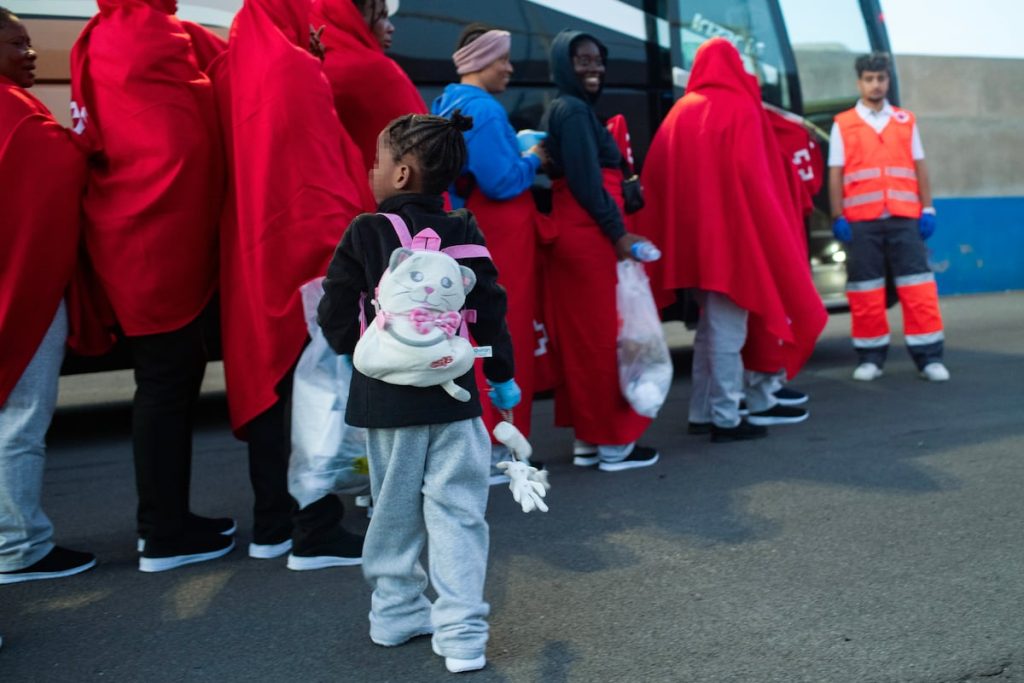Negotiations have once again come to a halt in Spain regarding the redistribution of migrant minors, as the People’s Party (PP) abruptly announced the suspension of talks on Saturday. The supposed willingness to negotiate did not even make it to the third meeting, causing frustration for the President of the Canary Islands, Fernando Clavijo, who aimed to quickly reach an agreement to help the 5,300 minors currently being housed on the islands. The PP criticized the government for not seeking enough assistance from the European Union to relocate minors to other countries, highlighting a deeper issue surrounding the distribution of funding for hosting this group among different regions.
In August, the three parties had reconvened to negotiate the PP’s conditions for supporting changes to the immigration law that were rejected in July. Among the demands of the PP was a requirement for the distribution to benefit all regions, not just Ceuta, Melilla, and the Canary Islands. They also requested a model where regions with an accommodation capacity over 100% would receive state funding. The Ministry of Youth and Childhood took on the task of establishing an “optimum” minimum number of places based on objective criteria for each region to prevent those who had not expanded their accommodations from claiming to be overwhelmed.
The latest report on accommodation for minors revealed a deficit in places across the country, with the most significant gaps found in regions governed by the PP. They have been the most resistant to hosting migrant children and have called for more assistance from the state. Madrid, Andalucía, and the Comunidad Valenciana would need to create thousands of new beds to meet the minimum requirements. Only a few regions, including the Canary Islands and Ceuta, have more places than the suggested ratio based on population, with the PP disputing the calculations while government sources urge them to address these concerns at the negotiating table.
The government’s proposal suggests a shift to a model where regions must increase their accommodations before receiving state funding, transitioning from an “open to demand” approach to a system based on “structural places.” While the logic of the proposal is understood, concerns arise over the depth of the change and its urgency. The proposed redistribution of minors based on population criteria aims to tackle the current situation before working on a comprehensive model overhaul. The unexpected halt in negotiations by a key PP figure has caused confusion within the party, with some influential members unaware of the decision, which followed pressure from the PP in the Canary Islands to reach an agreement. President López Miras of Murcia expressed optimism about reaching a pact on the distribution of minors after meeting with Prime Minister Pedro Sánchez.
The sudden turn of events in negotiations highlights the challenges in reaching a consensus on the issue of migrant minor relocation in Spain. As discussions continue, the need for a comprehensive and long-term solution to address the situation of unaccompanied minors remains a pressing concern. The differing perspectives and demands of the involved parties underscore the complexity of the issue and the need for constructive dialogue to find a sustainable and equitable resolution for all regions involved. Only through continued negotiation and collaboration can a lasting agreement be reached to provide appropriate care and support for migrant minors across Spain.


